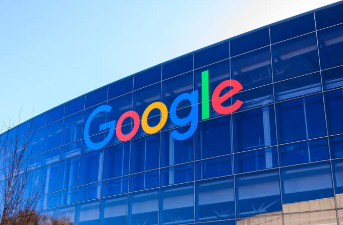Google said in April 2024 that it would merge its software division, which oversees Android phone software and the Chrome browser, with its hardware division, known for its Pixel smartphones and Fitbit wearables. This is part of a broader plan to integrate artificial intelligence more broadly across the company.
Google said in April 2024 that it would merge its software division, which oversees Android phone software and the Chrome browser, with its hardware division, known for its Pixel smartphones and Fitbit wearables. This is part of a broader plan to integrate artificial intelligence more broadly across the company.
The changes will "enhance the Android and Chrome ecosystems" while helping to spur innovation.
The decision will put both businesses under the supervision of Rick Osterloh, a Google executive who previously ran the company's hardware division. Not long ago, Google isolated Android development from its hardware division, saying it wanted to avoid giving its phone designers an unfair advantage over other major smartphone manufacturers that use Android, including Samsung and Motorola, as well as Chinese companies such as Oppo and Xiaomi.

A few years ago, Google began positioning the Pixel as a flagship product that showcases what AI can achieve, and heavily developed features that can demonstrate its potential. This means more integrated AI hardware and software to power these features on mobile devices.
A few years ago, Google began positioning the Pixel as a flagship product that showcases AI capabilities, and heavily developed features that can demonstrate its potential. That means more integration of AI hardware and software is needed to support these features on mobile devices.
In an interview with tech publication The Verge, Osterloh cited AI as the main reason Google brought together its consumer hardware and software engineers. He noted that mobile technology has become increasingly reliant on AI, citing the development of the Pixel camera, which uses AI to enhance night photos or automatically pick the best photo from several close-up shots.
Osterloh added that merging the teams is a way for Google to accelerate the integration of AI into its features. He said in the interview that designing the Pixel camera a few years ago required not only a deep understanding of the complex hardware and software systems involved, but also an understanding of the early AI models used for image processing at the time. "The integration of hardware-software-AI really shows how AI can completely change the user experience," Osterloh said. "This is important. Even more so today."
Gartner analyst Chirag Dekate said: "Now you are starting to see Google demonstrate its core AI innovation engine. Google wants to dominate AI both on the consumer and enterprise side, and this is mainly achieved through ubiquitous AI and connectivity."
Meanwhile, Google's software head Hiroshi Lockheimer's title was shelved and he will start some other unnamed projects according to Pichai's letter. However, Lockheimer did speak with the Verge along with Osterloh, and the two insisted that the changes were not the result of a power struggle.

